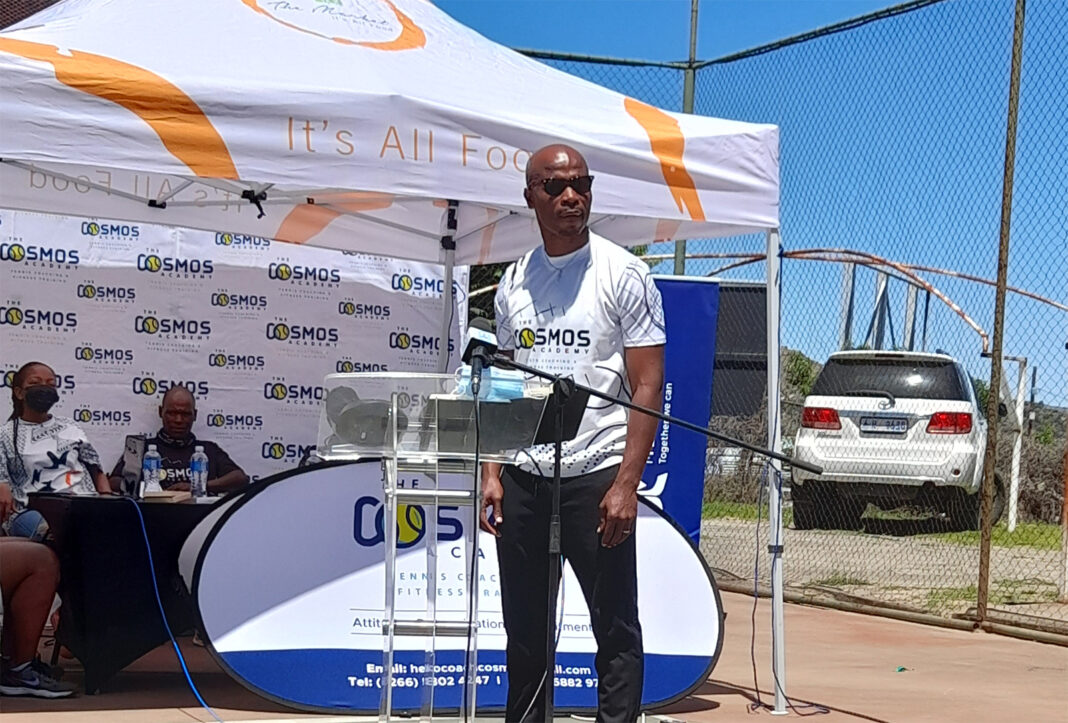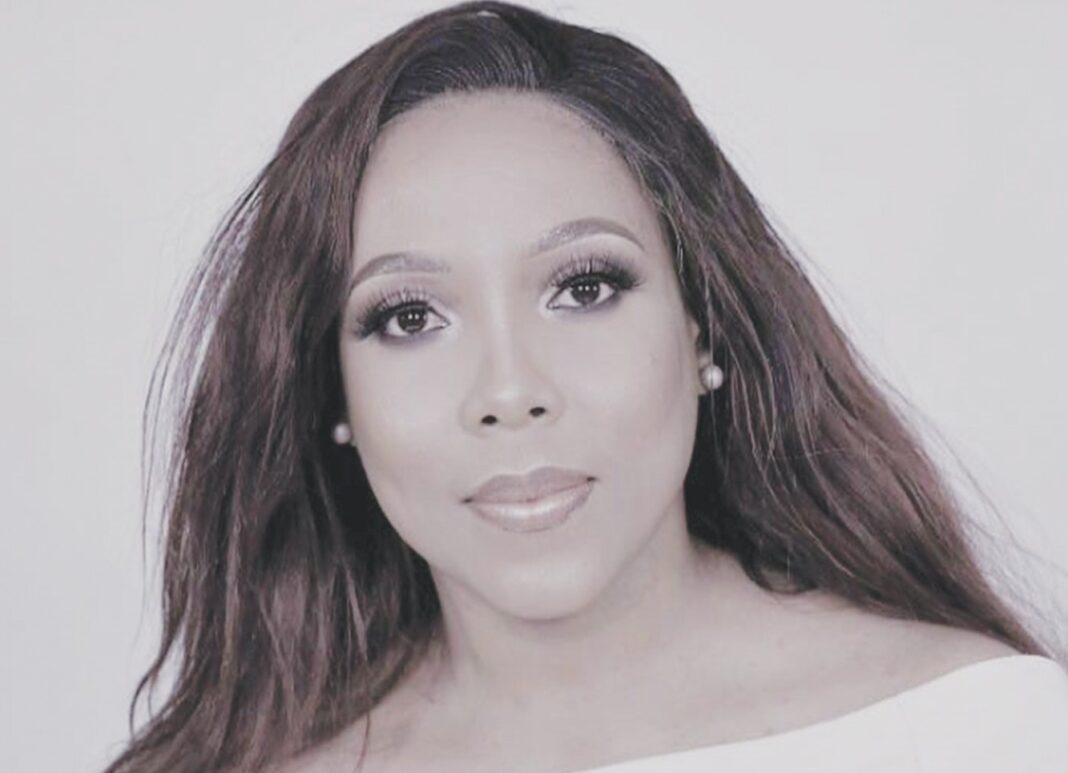By Kefiloe Kajane
Local telecommunications company Vodacom Lesotho, through its charitable arm The Vodacom Lesotho Foundation, this week announced the official opening of Vodacom Insight Center, a library for the blind and visually impaired persons.
Situated at the State Library, the center will enable equal access and inclusion by providing visually impaired persons with specialized services, books, and materials in appropriate media.
According to a statement issued by the company this week, the initiative is supported by Vodacom’s 4G technology.
The statement indicated that the digital library hosts the latest innovation and technology with functionalities including a world-leading braille translator that supports more than 170 languages in either contracted on uncontracted braille; a high volume production braille printer; a self-contained motion-activated reading device that instantly reads from any book or printed material and a rechargeable digital talking book reader which enables visually impaired people or those with print disabilities to read digital documents on memory cards or memory sticks.
Vodacom Lesotho’s managing director Mohale Ralebitso said the focus of Vodacom Foundation Insight center is on accessibility. He expressed that it is exciting to launch the project as part of help improving the lives of visually impaired people through the use of technology.
“As a purpose-led corporate citizen, we have committed to harnessing the power of technology to address social challenges and ensure that we leave no one behind and the opening of this digital library is a testament to that commitment,” he said.
Vodacom Lesotho Foundation’s chairman of board of trustees John Matlosa stated that the foundation is mandated to invest in critical areas of development, in line with the government of Lesotho’s national strategic development plan and the United Nations sustainable development goals.
“This programme is in line with Sustainable Development Goal 4 to ‘ensuring inclusive and equitable quality education and promoting lifelong learning opportunities’ and we are only happy to contribute to the provision of equal access and inclusion to the blind and visually impaired persons through the creation of enabling environment for them to access information.
“We seek to fulfill the promise to read for the visually impaired and other print-disabled people by advocating for the implementation of the changes required by the Marrakesh Treaty to which Lesotho is a signatory. The Marrakesh Treaty is mandated to facilitate access to published works for persons who are blind or otherwise print-disabled through the improvement of access to knowledge for print-disabled people by giving organizations like libraries the right to reproduce printed works in accessible formats such as Braille, audio, large print, and digital formats, and to exchange these works across national borders,” Matlosa added.








